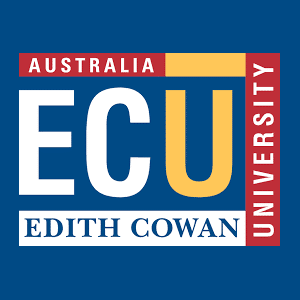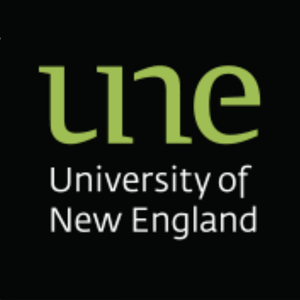The highest-rated undergraduate marketing degrees in Australia.

A Bachelor of Business (Marketing) is a well-rounded business degree with a marketing specialisation. To earn the major, you study topics such as digital marketing, consumer behaviour, research and analytics, and campaign strategy.
Students gain a full business education, with half the subjects or more on topics from other disciplines. You may study accounting, business statistics, economics, finance, management, and strategic planning. Career options remain wide open even after graduating.
Best Bachelor of Marketing Online
The best online programs in Australia are from universities achieving high course satisfaction rates among Business and Management graduates (refer to the Graduate Outcomes Survey). These business degrees also offer plenty of subject choice, with a wide array of electives beyond the marketing field.
ECU - Bachelor of Marketing, Advertising and Public Relations
The Bachelor of Marketing, Advertising and Public Relations from Edith Cowan University is a unique program that combines related disciplines. Students build an exceptionally strong skill set. The curriculum sharpens your marketing skills while imparting strategic business management knowledge. Employability skills are emphasised, such as critical thinking, teamwork, communication, and problem-solving. You can gain industry experience through an optional work placement. The program spans traditional and digital media, allowing you to develop a portfolio to showcase your talents. Required ATAR: 70. Graduate rating: 84.1% satisfied.
UNE - Bachelor of Business (Marketing)
The University of New England has a large business program, with many electives to choose from. Core subjects for the marketing specialisation are consumer behaviour, digital marketing communications, services marketing, and strategic marketing. The guaranteed entry ATAR for the program is 72.55. Online learners at UNE are able to balance education with work and family obligations, with the help of 24/7 tutor support. The program is structured across three study periods per year for accelerated completion. Graduate satisfaction: 86.5%.
Deakin - Bachelor of Commerce (Marketing)
Deakin University's Bachelor of Commerce (Marketing) is a course designed for the digital and international marketing sphere. It requires an ATAR of 70.15 for online applicants. The course has a satisfaction rating of 83.1%, exceeding the national average of 76.1%. Offered in Burwood, Waterfront (Geelong), and online, it covers consumer behaviour, digital marketing, and brand management. Graduates are eligible for a credit reduction towards Certified Practicing Marketer status with the Australian Marketing Institute (AMI).
Related: Best Marketing Degrees Online in Australia
What You'll Study (Course Structure)
A Bachelor in Marketing typically consists of (a) core subjects from the business program (b) marketing electives and (c) other electives from the business program or beyond. While you major in marketing, you also study other subjects and should leave as a well-rounded business graduate.
Here are example subject lists. Other electives may be available but are not shown.
Core subjects
- Business Communication
- Business Ethics
- Business Statistics
- Financial Accounting
- Marketing Fundamentals
- Microeconomics
- Responsible Management
- Strategic Planning
Specialist subjects
- Business Analytics
- Consumer Behavior
- Digital and Social Media
- Digital Communications
- Persuading the Public
- Project Management
- Services Marketing
- Strategic Marketing
Electives
- Banking and Finance
- Business Decision Making
- Corporate Finance
- Employment Relations
- HR Management
- Managing Change
- Organisational Leadership
- Personal Finance
Related: 10 Best Digital Marketing Courses Online
Why This Degree Is Worth It
Graduating with a bachelor degree in marketing opens many career doors. You gain broad business skills and expertise in a high-demand area. This sets you up for roles in nearly every sector. Most businesses rely on marketing activities.
With this degree, you can eventually qualify for job titles such as marketing coordinator, brand manager, digital marketer, advertising account executive, product manager, and more. The industry's growth means you're entering a field with expanding job prospects. Australia expects an 11.8% increase in Marketing and Advertising jobs by 2028.
Salaries reflect the degree's value. Marketing managers in Australia can earn an average salary of $110k annually. Additional education, like an online Master of Marketing, further boosts your job and salary prospects.




